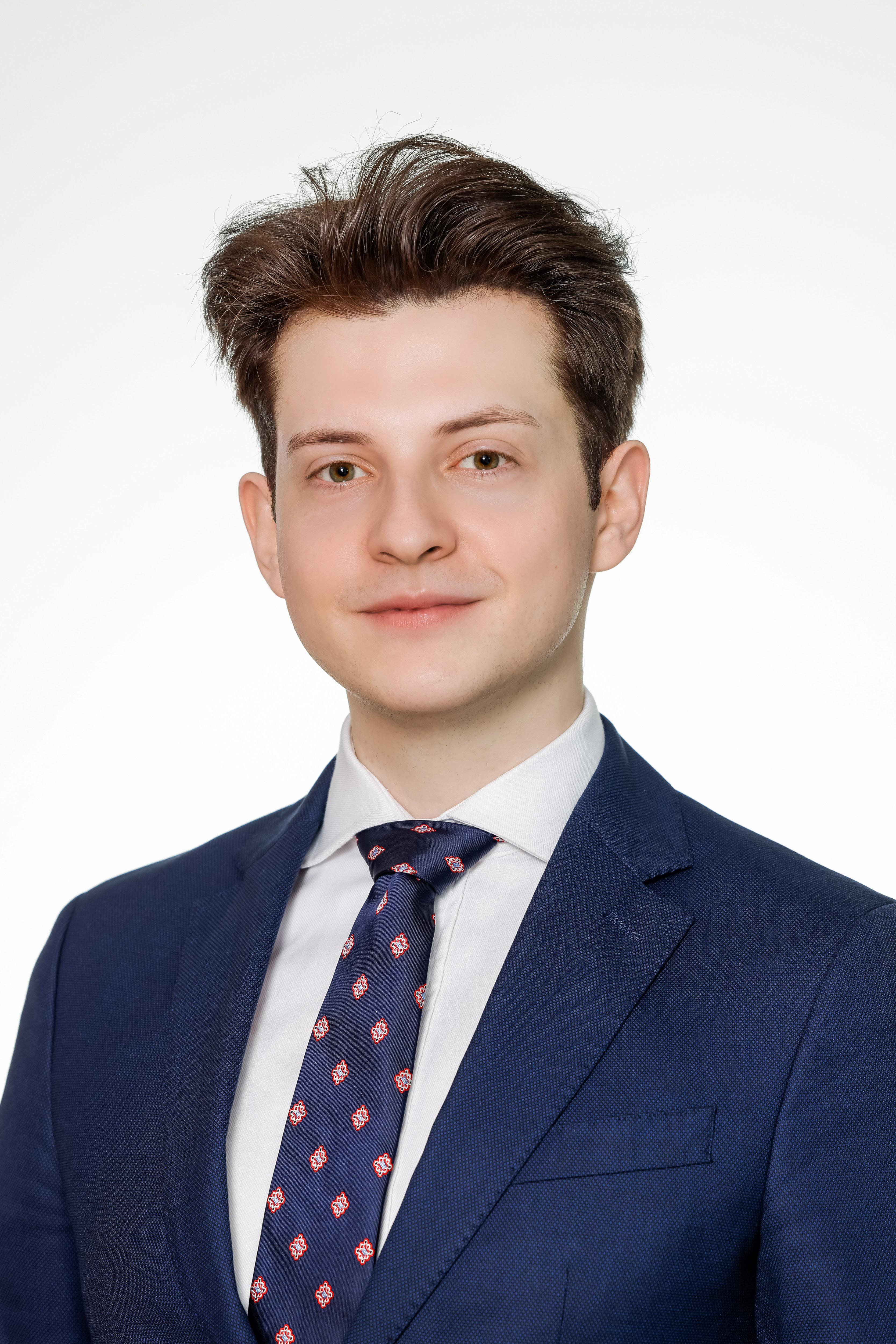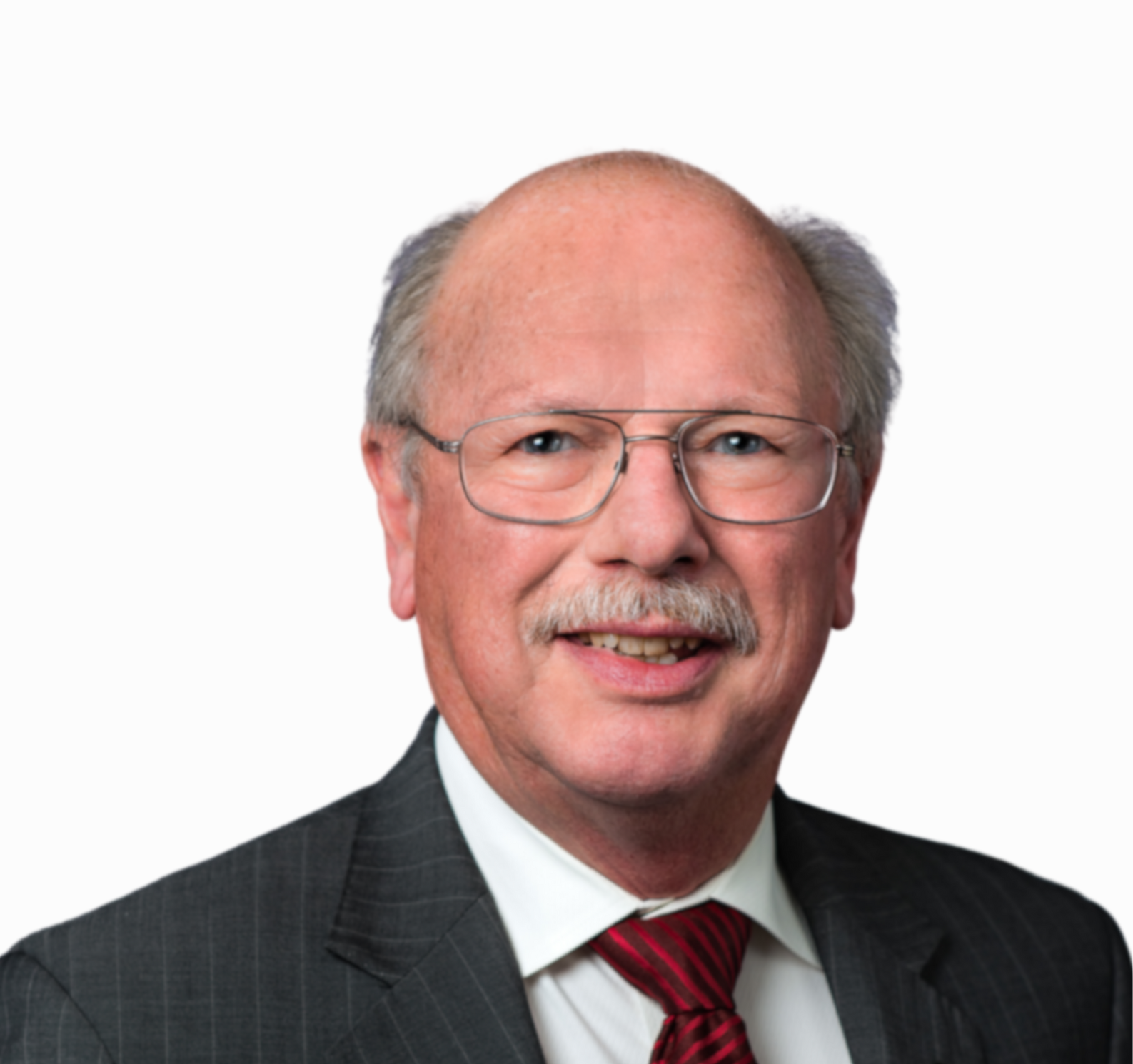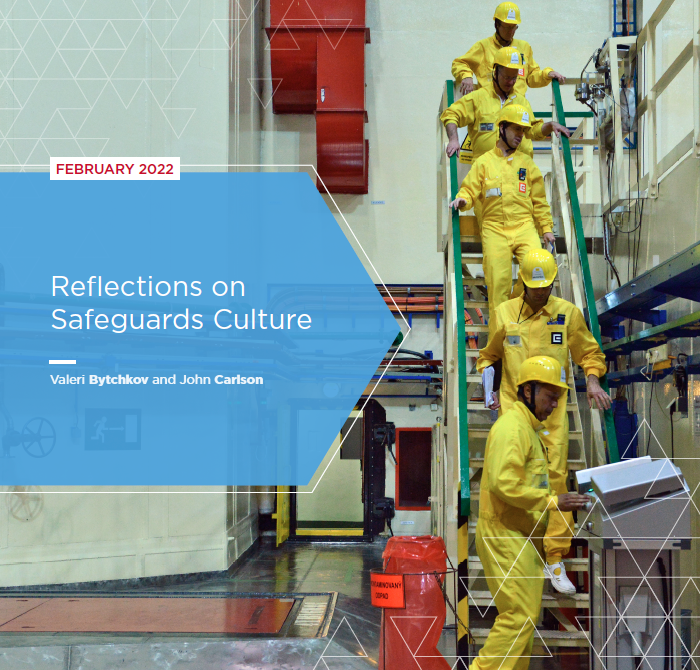The International Atomic Energy Agency (IAEA) held the fourth International Conference on Nuclear Security (ICONS) from 20 to 24 May 2024. A VCDNP delegation participated actively in the conference, including speaking and moderating roles in two panel discussions and holding one side event.
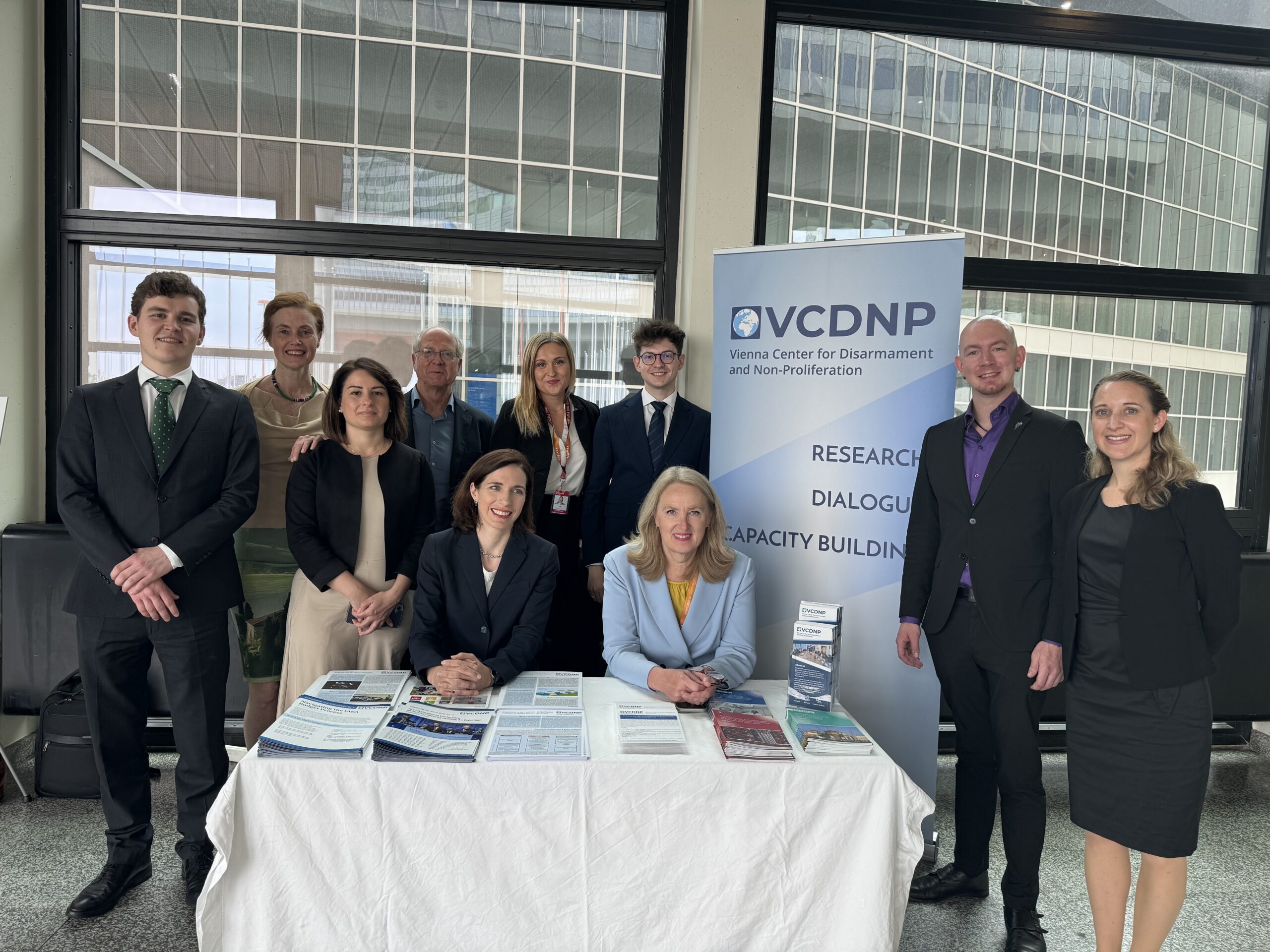
The VCDNP’s side event at ICONS 2024 focused on effectively engaging parliamentarians and other high-level officials to advance nuclear security globally in general and promote the universality of legal instruments for nuclear security in particular. Panellists included Ambassador Brigitte Brenner (Inter-Parliamentary Union), Elena Buglova (IAEA), Ambassador Laura Holgate (United States), Dr. Khammar Mrabit (Morocco), and Dr. Boster Dearson Siwila (Zambia). VCDNP Executive Director Elena Sokova gave opening remarks and emphasised the critical role that parliamentarians play in advancing nuclear security goals domestically.
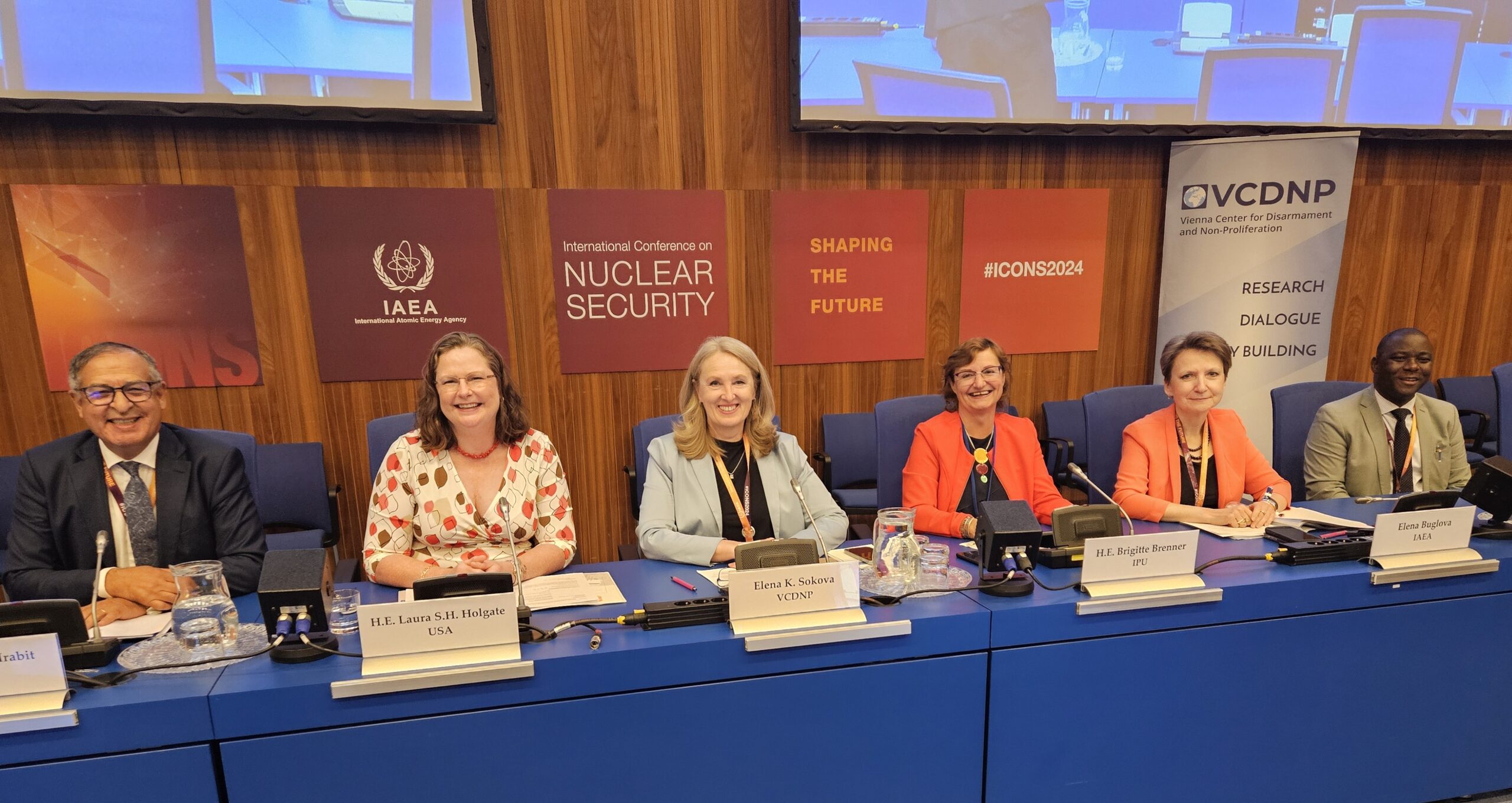
During the discussion, panellists noted the importance of parliamentarians and other key high-level stakeholders in the ratification process of international conventions, treaties and agreements. There are many stakeholders in the ratification process and, as such, the importance of intragovernmental communication and early engagement with parliamentarians was emphasised. Panellists emphasised the need to raise awareness among parliamentarians about both the risks that nuclear security aims to mitigate, as well as the benefits of both power and non-power applications of nuclear science and technology.
The side event followed a high-level workshop that the VCDNP hosted for parliamentarians in April 2024 to promote adherence to international legal instruments related to nuclear security, in particular the Convention on the Physical Protection of Nuclear Material (CPPNM) and its 2005 Amendment.
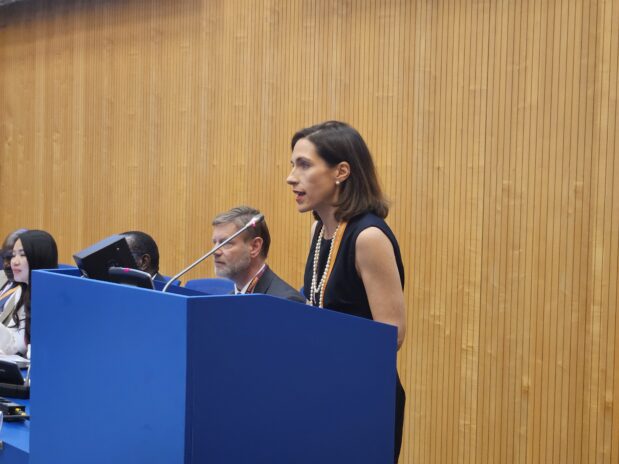
Senior Fellow Dr. Sarah Case Lackner spoke during a technical session on “Charting the Way Forward: Assessing Current and Future Challenges on the Implementation of the A/CPPNM”. During the session, Dr. Case Lackner drew on her extensive experience in nuclear security, including serving as the Co-Scientific Secretary of the first Conference of the Parties to the Amendment to the Convention on the Physical Protection of Nuclear Material (A/CPPNM), to make recommendations on maximising the impact of the second such conference.
Dr. Case Lackner observed that the objective of the first A/CPPNM Conference was to review the adequacy of the A/CPPNM, but did not sufficiently address issues related to the implementation of the amended Convention. She argued that robust discussions on implementation should be included both during the preparations for and at the second conference. In this respect, she recommended that the preparations for the next conference should:
Dr. Case Lackner further argued that A/CPPNM Review Conferences should be regularise in order to strengthen the impact of the conference into the future. The establishment of formal guidelines for the preparation of the conference would also increase the impact of the conference’s effectiveness. Finally, she emphasized the importance of universal adherence to the CPPNM and its Amendment and efforts by all parties to encourage this.
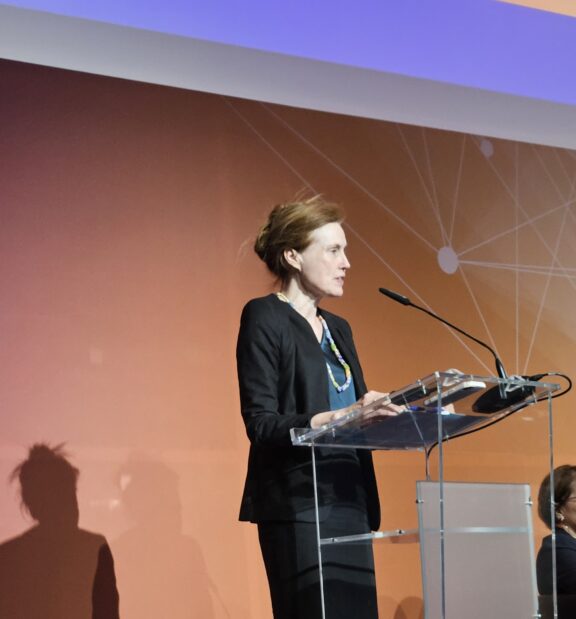
Senior Research Associates Ingrid Kirsten and Anthony Stott co-authored a paper on the role of civil society in shaping a more secure future for all. Ms. Kirsten presented the paper during a technical session focused on “Exploring the Role of Civil Society in Shaping the Future of Nuclear Security”. Non-Resident Senior Fellow Laura Rockwood moderated the session.
The central theme of the paper is that civil society has an instrumental role to play in the quest to harmonise the objectives of nuclear security with the expansion of peaceful nuclear technologies. Non-governmental organisations (NGOs) play an important part in research, dialogue and capacity building to promote the safe, secure and responsible use of nuclear energy and technology. In addition, they are in a unique position to lead the way in the non-proliferation and nuclear security community to create a new narrative on the necessity of scaling up peaceful uses to contribute to global development and climate goals.
There is growing recognition that the goal of net-zero carbon emissions by 2050 will not be achieved without adding nuclear power to the energy mix. To address energy poverty at the same time, the expansion of nuclear power must be extended to the Global South where the lack of energy or insufficient energy is the most critical challenge to sustainable development. Advanced nuclear reactors, including small modular and micro reactors, have the potential to bring nuclear power within the reach of low- and middle-income countries.
Extensive advocacy and innovative financing instruments are needed to promote the benefits of nuclear power and non-power applications and to deploy these nuclear technologies, and thereby accelerate an inclusive and just energy transition. In this respect, NGOs can be instrumental in forging new partnerships with climate and development communities to support these efforts around a common goal of securing the future of the planet and all that live on it.
Bold leadership by civil society and new partnerships are required to shape a better future for all where the full potential of nuclear power and non-power applications is harnessed safely, securely, responsibly and sustainably.







